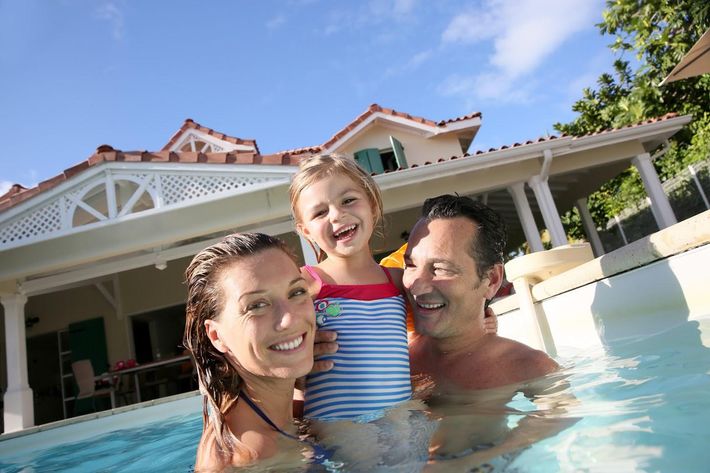COASTAL COMPREHENSIVE INSURANCE AGENCY INC.
19720 E Walnut Dr S, Suite 101, Walnut CA 91789
CALIFORNIA LIC #0476660
19720 E Walnut Dr S, Suite 101, Walnut CA 91789
CALIFORNIA LIC #0476660

(626) 965-0901 | Fax:
(909) 598-2997
Email:
[email protected]
Blog Post
Check Out These 3 Coverages When Insuring a Summer Home
admin • Mar 05, 2020
Homeowners insurance policies can insure a second, summer home in addition to your primary residence. When you insure a summer home, however, you have special considerations that often call for additional protection. Make sure your homeowners insurance comes with these three coverages when you insure a summer home.
1. Secondary Structure Coverage That Is Comprehensive
The primary building on an insured property is commonly protected by a homeowners insurance policy's dwelling coverage, but this coverage doesn't necessarily extend protection beyond the house (or cottage) itself. To insure secondary structures, such as sheds, detached garages, and fences, homeowners policies sometimes come with secondary structures coverage.
Secondary structures coverage is a protection that any homeowner might need for their primary residence's property, as a lot of houses have detached garages and sheds.
When you own a summer home, though, this is an especially important coverage because many summer homes have substantial secondary structures that primary homes do not have. For example, your summer home might have a:
- Boathouse
- Dock
- Boat ramp
- Guesthouse
- Gazebo
These are often in addition to other, more common structures like fences and sheds.
In order to make sure that all of your summer home's secondary structures have proper protection, look for a homeowners policy that comes with comprehensive and robust secondary structures coverage. The coverage should extend to all of your property's secondary structures, and its limit should be equal to the total value of these structures.
2. Personal Liability Coverage That Has a High Limit
Most homeowners insurance policies come with personal liability coverage, which provides protection in case you're named in a liability lawsuit. If you are named, this coverage can help cover both your legal fees and any settlement that arises from the suit.
While every homeowner should have some personal liability, you probably want much more than the minimum amount offered by a policy if you own a summer home. Most homeowners policies come with a $100,000 limit, which could quickly be used up if you are named in an expensive liability suit — and the risk of such a case increases when you have a summer home.
Most summer homes have outdoor features that are fun to use but pose potential risks. For instance, your summer home may have a:
- Waterfront shoreline
- Steep hiking trail
- Expensive swimming pool
Should someone have a serious accident while swimming, hiking, or otherwise enjoying your property, you could be held responsible. A liability lawsuit that involves someone's death could easily exceed the minimum limit on a homeowners policy's personal liability coverage.
To protect against this type of potentially expensive risk, you can opt for a personal liability limit that is higher than a policy's minimum one. An insurance agent can help you determine just how high a limit would be right for your situation.
3. Vacant Property Coverage That Extends to the Off-Season
When a home is vacant for a prolonged period of time, the potential risk of an incident and the possible cost of that incident increases. For these reasons, many homeowners insurance policies suspend coverage if a home isn't occupied for a period of 30 to 60 days (depending on the exact terms of a policy).
This, obviously, is a concern when insuring a summer home that you do not use for the entire off-season. To protect against this risk, you can look for a homeowners policy that comes with vacant property coverage. This coverage will help protect your summer home when you do not use it for several months in a row.
If you need to insure a summer home with homeowners insurance, contact Coastcomp Insurance Agency.
Share
Tweet
Share
Mail

Our Location
Contact Information
Address:
19720 E Walnut Dr S, Suite 101, Walnut CA 91789
Our Location
Browse Our Website
Contact Information
Address:
19720 E Walnut Dr S, Suite 101, Walnut CA 91789
Images provided on this website are for personal, non-commercial use. Republication, retransmission, or reproduction of such images is strictly prohibited.

